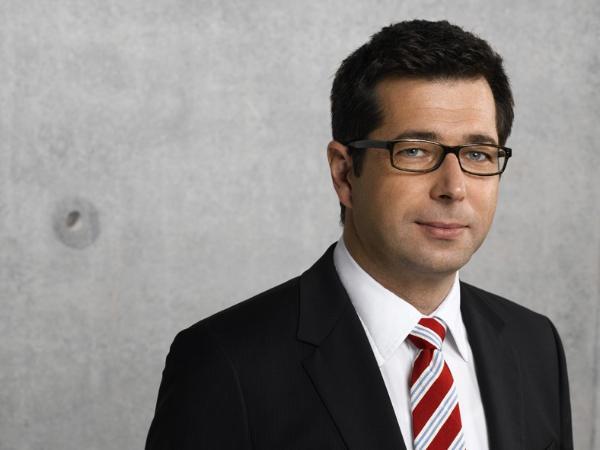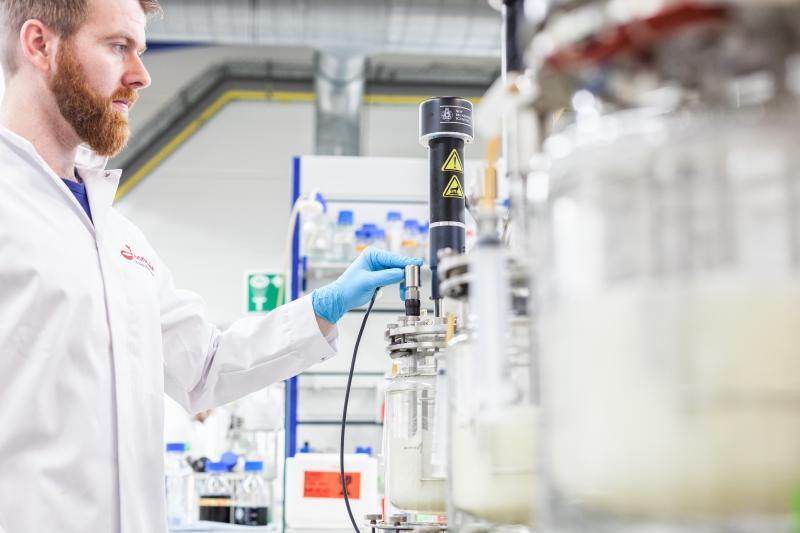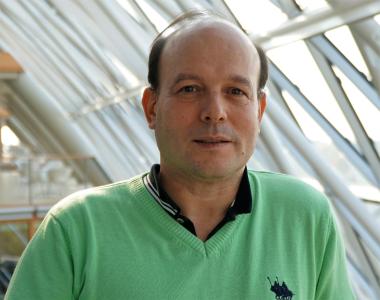Jennewein healthy sugars make baby formula closer to mother’s milk
The reason human milk has protected babies over thousands and thousands years is the complex sugars, called human milk oligosaccharides, that it contains. Jennewein Biotechnologie GmbH, a German company, has found a way to manufacture these oligosaccharides on an industrial scale.
Jennewein’s founder , Stefan Jennewein, wanted a way to bring those benefits even to babies who cannot be breastfed. “As a biotechnologist, I always wanted to do something good for life, meaning good for the beginning of life,” he says. “Now we can produce some of the key components of human milk in large quantities and at low-cost, to manufacture valuable food ingredients for baby formula”.

The properties of human breast milk have been lauded for centuries. The Koran calls human milk “the white blood.” It’s a natural source that reduces the risk of infectious diseases in children by up to 50%. Human breast milk is unique for its high level of oligosaccharides. Jennewein figured out how to manufacture them by a biotechnological process through fermentation.

Jennewein advanced technology fermentation process to produce oligosaccharides
Several multinationals have tried to manufacture oligosaccharides at a price allowing for mass production. Despite large investments, nobody has been successful so far until Jennewein Biotechnologie GmbH found the solution to produce oligosaccharides with the help of biotechnology.
A century ago, scientists researched why human milk led to lower infant mortality. They concluded that its unique combination of sugars appeared to differ from simple sugars in that they have numerous health benefits. They reduce bacterial and viral infections, decrease the risk of allergies and inflammation, and promote brain development.
Since it was founded in Rheinbreitbach in 2005, Jennewein has gone from a start-up to a global business and supplies the first oligosaccharides useable as ingredient for customers around the world. The European Investment Bank already made a loan to Jennewein in 2015 with €10 million from the InnovFin Growth Finance Initiative for the launch of a first plant. Despite being a European SME, Jennewein obtained the fastest ever novel food registration from the American Food and Drug Administration and then by the European Food Safety Authority. Jennewein could then start working with global infant nutrition companies all over the world, whose consumption of oligosaccharides was recently scaled up.
Auvo Kaikkonnen, who evaluated the technical soundness of the project for the European Investment Bank, says “Jennewein is a highly innovative biotechnology company that offers a proprietary, breakthrough technology for the production of human milk oligosaccharides, which form essential parts of human breast milk and are shown to have beneficial health impacts.”
Jennewein will today be financed through a second loan under the European Fund for Strategic Investments, which combines EIB financing with an EU budget guarantee. Stefan Jennewein acknowledges that commercial banks were not likely to invest in his business because it was new and highly innovative while the EIB was there to make sure his development plans come true. “This second loan of €15 million signed in July will be a high added-value financing for Jennewein,” says Anna Stodolkiewicz, an EIB officer. Ovidiu Morariu who also was instrumental for the deal adds: “It will enable the company to scale up its production capacities, to further deepen its research and become an EU-based manufacturer with a global reach in the infant nutrition market. The loan will also contribute to the creation of highly skilled jobs in the region.”
